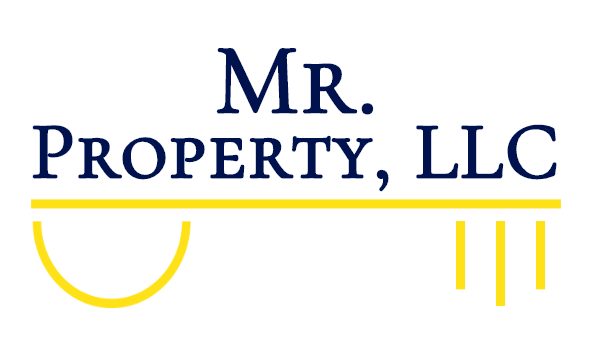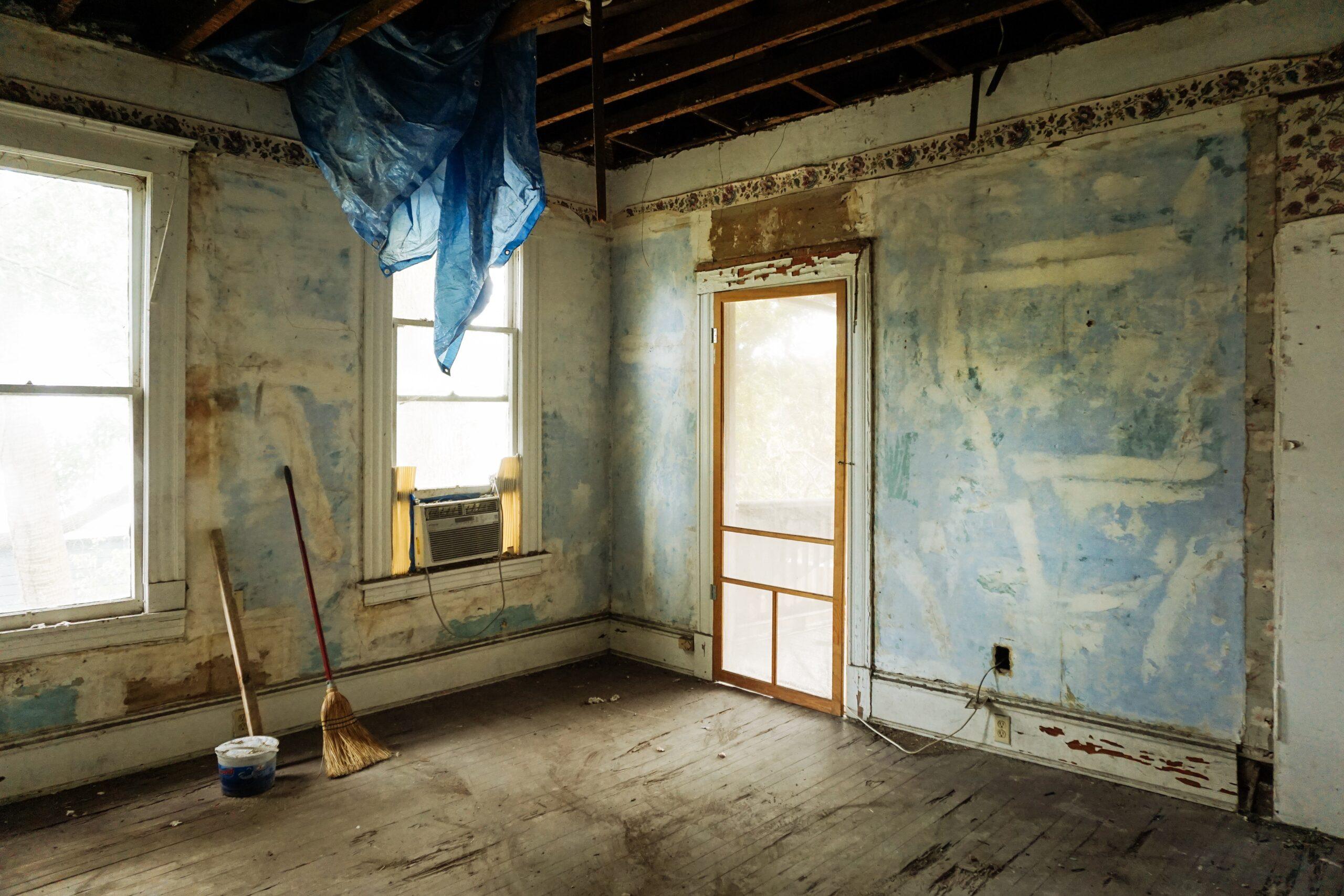Real estate investing is a tried and true way to generate wealth regardless of the current economic cycle. With a long-term approach, your real estate investments are nearly guaranteed to appreciate in value over time.
However, getting started in real estate investing is typically the hardest part for many aspiring investors. Some traditional real estate investing methods require a significant amount of upfront capital, making it difficult for many new investors to get started.
This article discusses the top three ways to get started with real estate investing and will help you decide which investing method is right for you.
House hacking
House hacking is another name for an owner-occupied property and is typically the easiest way for new investors to get started.
House hacking starts when an investor purchases a home (often a multi-family) and intends to rent out one or more of the units to paying tenants. By renting out the extra units or bedrooms in the house, the investor generates cash flow that reduces, covers, or exceeds their monthly mortgage payment.
One of the reasons house hacking is the best real estate investing strategy for beginners is because nearly anyone can do it with a limited amount of upfront capital. House hackers often take advantage of financing from the Federal Housing Administration (FHA), where they can purchase a home with a down payment as low as 3.5%.
House hacking can also be achieved with conventional financing. Investors who use conventional financing may be able to secure better interest rates with more favorable terms. However, these loans may have private mortgage insurance (PMI) if you don’t meet the down payment requirements for conventional financing.
While house hacking is one of the best ways for beginner investors to get started, there are some downsides you should consider before buying your first property.
Successful house hacking means you’ll become a landlord for the first time. Without proper education and training as a new landlord, you may be unprepared to manage your investment property.
Crucial aspects of being a landlord include screening tenants, qualifying tenants, and keeping up with proper safety and health standards. You’ll also need to have a good understanding of how contracts work to protect yourself from potential liabilities.
Additionally, house hacking isn’t the best way to grow a large real estate investing portfolio. In order to transition your house hack into an investment property, you’ll likely need to live in the house for one year before you can repeat the house hacking process on another home. Investors looking to grow and scale a large real estate investing portfolio may want to consider other options.
The BRRRR method
The BRRRR method (pronounced “burrâ€) is another real estate investing strategy popular with new investors. It stands for buy, rehab, rent, refinance, repeat, and is one of the best ways to get started with real estate investing.
It’s similar to a traditional fix and flip, although the BRRRR method involves fixing up a distressed property and renting it to long-term tenants as opposed to selling it for a quick profit.
This strategy has plenty of benefits for new investors, including tax advantages, passive income, and the ability to build equity in a home and tap into it for other ventures down the line.
Most BRRRR investors intend to do a cash-out refinance where they can use the money to fund another BRRRR property. In just a few short years, you could have a significant rental portfolio that generates enough income for you to quit your full-time job and focus on growing your real estate portfolio.
The BRRRR method also has the potential for high returns. Renovating a distressed property, fixing it up, and renting it to long-term tenants is achieved with a relatively low upfront cash investment and can generate large returns for investors.
The last benefit of the BRRRR method is that you may attract high-quality tenants with your newly renovated property. As long as the renovation meets consumer standards in your market, you shouldn’t have a problem finding great tenants.
On the flip side, there are several downsides of the BRRRR strategy you should keep in mind.
First, BRRRR investors may need to use short-term financing like hard money loans to finance their purchase. This may cause some investors to become over-leveraged during the rehab phase of the process.
Over-leveraging may lead to limitations on future borrowing and a loss of assets, which is why it’s important to be smart when securing financing for your BRRRR investment.
Fix and flip
Fix and flip properties are one of the best ways to generate a high return on investment. However, it’s important to educate yourself on the fix and flip process or work with someone who has experience with fix and flip properties.
This type of investment is also great for those looking for fast approval times and competitive interest rates. Those who secure financing for fix and flips can use the funds for any purpose needed to complete the renovation.
However, fix and flip projects carry a significant amount of risk for both new and experienced investors.
Most house flippers rely on contractors and a team of workers to complete the renovation, which means the success of the project isn’t only dependent on you. You’ll need to ensure you work with reliable contractors who show up when they say they will and who get the work done on the time schedule you’ve agreed upon before starting the project.
Additionally, fix and flip financing can be difficult for those without enough upfront cash to pay for the home outright. Investors will need enough cash on hand to pay contractors, handle overhead costs, and to be prepared for setbacks that might happen during the renovation process.
Overall, fix and flip properties are great for investors who want to generate a high return on investment. However, starting with a fix and flip property on your own as a new investor isn’t the best choice. You’ll want to find a mentor or someone with experience in flipping before going out on your own.
The bottom line
Getting started as a real estate investor may seem like a daunting task. However, with the right education and preparation, you’ll be able to find success with your new endeavor.
For more information on how to get started with real estate investing and why you need a property manager, visit our website or give us a call at 978-895-9465.





0 Comments